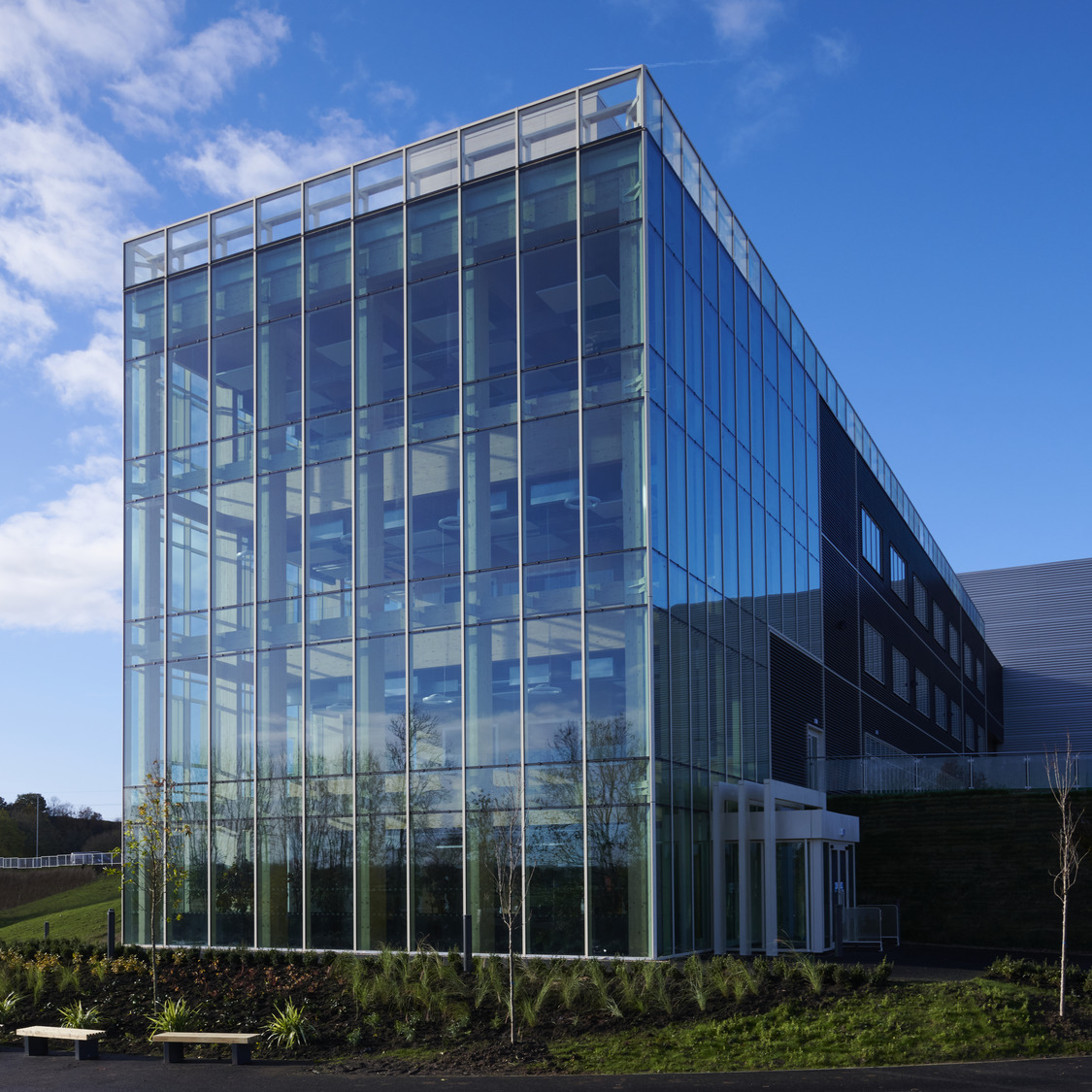latest
Building a Regenerative Future: Timber’s Role in Net Zero Construction

As the construction industry grapples with its environmental impact - accounting for approximately 40% of the UK's carbon emissions - the imperative to transition towards net zero carbon buildings has never been more pressing. At Chetwoods, our commitment to sustainability is championed by our Thrive division, led by Philippa Birch-Wood, Executive Director ESG, who advocates for a holistic approach to more sustainable design.
The Potential of Timber in Logistics
The logistics sector, traditionally reliant on steel and concrete, presents a significant opportunity for carbon reduction through the integration of timber.
In collaboration with Evolve Consulting Engineers, we have produced the Enabling Structural Timber in UK Logistics report which outlines the potential of mass timber to revolutionise industrial construction. The report identifies key barriers to mass timber adoption, such as insurance challenges and supply chain limitations, and offers actionable guidance to overcome these obstacles.
Philippa Birch-Wood emphasises the importance of this initiative: “This report is an important step forward in breaking down some of the perceived barriers, bringing us closer to the wider use of sustainably sourced structural timber in logistics.”
A Holistic Approach to Sustainability
Our Thrive team's operations extend beyond carbon reduction. It supports our advocacy for a comprehensive view of sustainability, aligning with the UN Sustainable Development Goals and focusing on seven key drivers: carbon control, water, resources, health and wellbeing, resilience, biodiversity, and value and cost.
Philippa Birch-Wood: “There really is a large opportunity for CO₂ reduction in the construction sector, something that my team and I emphasise as part of Chetwoods Thrive. Not only do we advocate for Net Zero Carbon buildings, we also consider the wider themes highlighted in the UN Sustainable Development Goals.”
Chetwoods Thrive’s approach is not just theoretical but also practical, guiding our clients towards net zero in line with industry best practice. Through initiatives such as Material Matters Workshops, Thrive educates stakeholders on the importance of embodied carbon, health, wellbeing, and circularity in material selection. These workshops aim to make sustainability accessible and actionable for developers and construction professionals.
Project Application: Baytree Nuneaton, Rhenus Campus

Our commitment to more sustainable construction is exemplified in our design of one of the UK's largest timber buildings for Rhenus Logistics at Baytree Logistics Properties’ Nuneaton development. The project features a three-storey, 30,000 sq ft office constructed entirely from cross-laminated timber (CLT) and glulam, showcasing the viability of timber in large-scale industrial applications.
The environmental benefits are substantial: each cubic metre of wood used instead of other materials can save up to two tons of carbon dioxide. Moreover, the use of timber contributes to a biophilic design, enhancing occupant wellbeing by creating a natural, stress-reducing environment.
Aligning with Net Zero Standards
The UK's Net Zero Carbon Buildings Standard, launched in September 2024, provides a framework for defining and achieving net zero carbon alignment in the construction industry. We encourage clients to align with this standard, that provides clear limits and requirements per sector, something that has been missing for a long time.
Philippa Birch-Wood notes the importance of addressing embodied carbon:
“Embodied carbon relates to the emissions associated with the sourcing, processing, transport, installation and ongoing maintenance of construction materials. Embodied carbon often represents circa 75% of a building’s carbon footprint and it cannot be reclaimed…Once a building is complete the emissions cannot be designed out.” Cooper Parry
Download the Full Report

For industry professionals seeking to explore the integration of structural timber in logistics and industrial projects, our timber report serves as an essential resource. It offers insights into overcoming challenges and provides a roadmap for more sustainable construction practices.
Download the 'Enabling Structural Timber in UK Logistics' report here
By embracing timber as a core construction material and adopting a holistic approach to sustainability, the industry can make significant strides towards achieving net zero carbon goals, fostering a more sustainable and resilient built environment.
Article tags
Share this insight
.avif)


